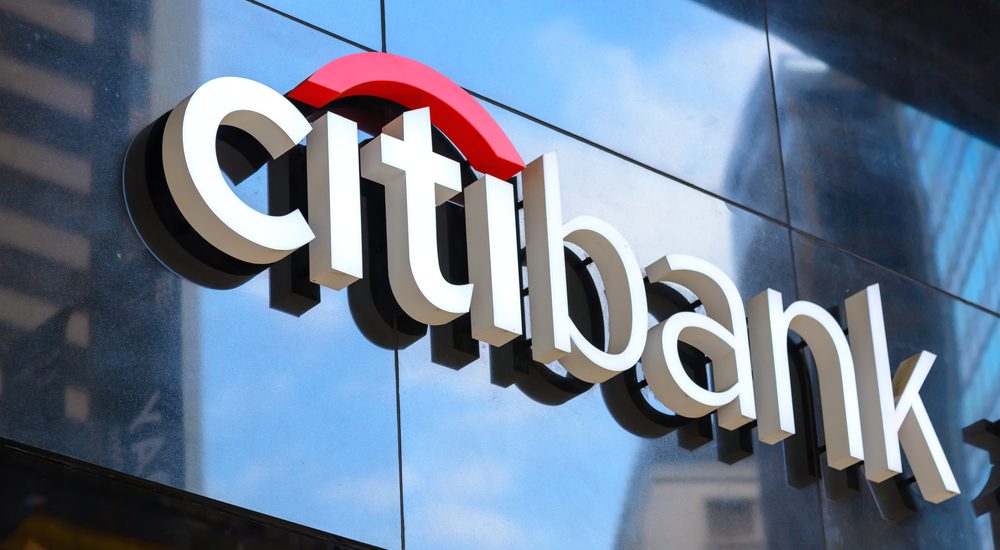Head of Employment Joseph Lappin and trainee solicitor Brogan Pennington explore the potential consequences for brewery and pub chain BrewDog after its decision to no longer pay all staff the ‘real living wage’, in an article first published in Personnel Today.
BrewDog is facing a backlash from its staff, the Unite union and the Living Wage Foundation after announcing it will drop its real living wage pledge. From April, new hires across the UK (outside of London) will be paid the minimum legal wage of £11.44 an hour. Existing London staff will not receive a pay rise in April and will be paid far less than the Living Wage Foundation’s London Living Wage of £13.15 per hour.
BrewDog’s CEO and co-founder James Watt responded to criticism of the decision by saying that BrewDog was an outlier and the only business operating in hospitality nationwide currently paying the independently verified living wage. He added that BrewDog has “always been fully committed to doing the best we can for our people, and our benefits package is far more generous than the industry average. Last year, we gave over £350,000 to our bars team via our unique profit share programme.”
Why is BrewDog doing this?
Mr Watt may feel BrewDog’s commitment to paying staff more than the legal minimum is no longer within its gift. The company made a loss in 2023, attributed to rising production and energy costs. Cutting pay will, per the CEO, help bring financial stability. “I would love nothing more than to give everyone in our business a huge pay increase, but we simply have to balance our books, offer fair value to our customers and ensure the long-term viability of our business. And ultimately, protect jobs,” Mr Watt said.
However, the Trades Union Congress (TUC) doesn’t buy that narrative and has criticised BrewDog on social media platform X, sharing a satirical video that declares “BrewDog can afford to open 200 new locations around the world but won’t pay its staff properly”. The video ends with a demand that BrewDog “pay up”.
Mr Watt’s plea for understanding hasn’t cut it with the Unite trade union either which has also been vocal in its criticism of BrewDog, describing the decision as “outrageous” and insisting it will work with its BrewDog members to “reverse” the decision.
What does the law say?
All workers aged over 23, who are not in the first year of an apprenticeship, must be paid the National Living Wage, currently set at £10.42 an hour and rising to over £11 per hour in April 2024.
It is important to make the distinction between the National Living Wage, set by the government, and the ‘real’ living wage promoted by non-governmental bodies. There is no legal obligation on companies like BrewDog to pay employees the real living wage as it is a voluntary commitment. BrewDog’s decision to this point to pay the real living wage has been a key part of its recruitment and PR strategy, but was never legally mandated.
Similarly, it is not unlawful for an employer to decide to opt out of the Living Wage accreditation (as long as it does not unilaterally reduce the pay of existing employees). So long as employees are receiving the National Living Wage, their employer is acting within the law as regards minimum rates of pay.
It should be noted that BrewDog is not the only employer to recently withdraw from its commitment to pay the real living wage. Outsourcing company Capita has also announced that it will drop out of the scheme. Capita said this was a “difficult decision” but one the business needed to make.
This does not change the fact that BrewDog will have expected the media spotlight to be on its business in light of this decision. Inevitably the company will face allegations of hypocrisy given its very public past commitments to the Real Living Wage programme and its branding as an ethical business. Mr Watt will hope any reputational damage will be worth it, especially given the company’s reputation took a bashing just a few years ago in the midst of allegations of a toxic working environment.
Conclusions
Ultimately, BrewDog may feel this was a commercial decision it needed to take to preserve jobs and stabilise its business in challenging economic circumstances. In his post on social media defending BrewDog’s decision, Mr Watt stressed that the hospitality industry is in crisis and used the example of Revolution Bars having to close eight venues, resulting in hundreds of job losses.
But one must have sympathy for BrewDog’s staff. Hospitality employees are experiencing heightened levels of work-related uncertainty and reduced job security. BrewDog’s decision to reduce its costs will not necessarily bring the stability Mr Watt craves or help BrewDog return a profit. If the business continues to experience difficulties, we may see job cuts at BrewDog and further backlash from staff and others.
Whether BrewDog can ride the storm remains to be seen.
This article was first published in Personnel Today.
You can find further information regarding our expertise, experience and team on our Employment page.
If you require assistance from our team, please contact us.
Subscribe – In order to receive our news straight to your inbox, subscribe here. Our newsletters are sent no more than once a month.







